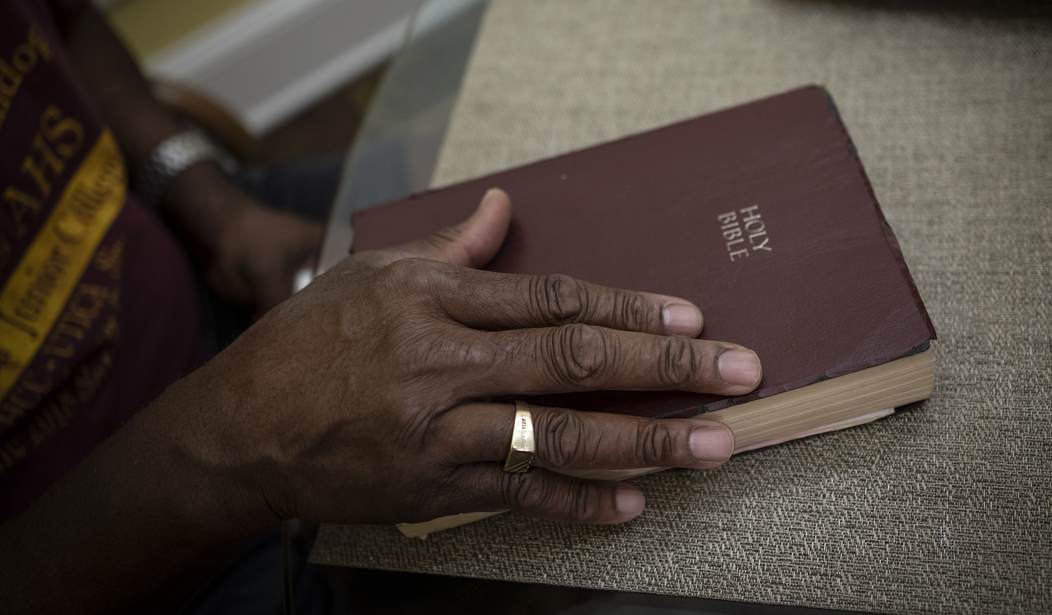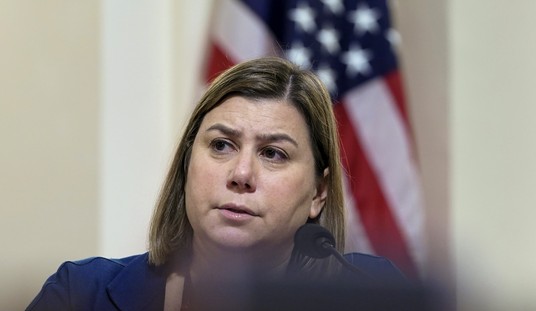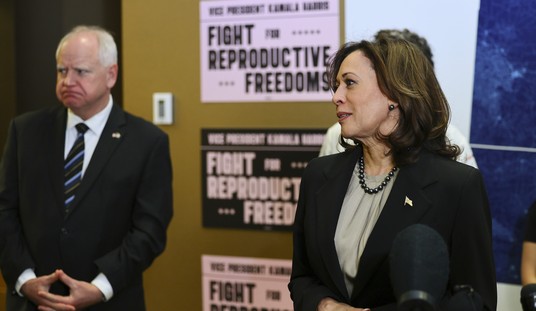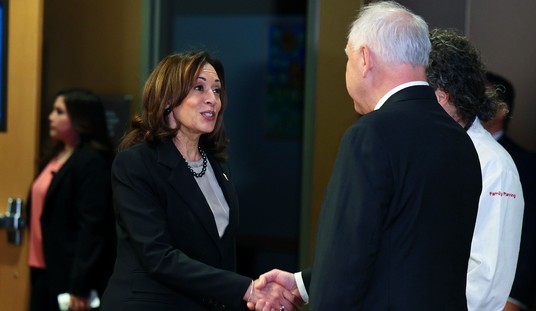A theme oft repeated in the 2024 election is respecting your elders. Given that I'm turning the big 6-5 on July 23, I'll take all the respect I can get. And ibuprofen.
But seriously ... respecting the knowledge of elders is rapidly becoming a lost art in this country. Getting people to as much as admit elders have knowledge can be quite the chore. Youth believes perception is reality and perceived reality in and of itself is knowledge. It's not.
I've spent the past two episodes of my Cephas Hour podcast discussing knowledge: knowledge of truth found solely in Jesus, and knowledge of recent events in church history. The bromide "A little knowledge is a dangerous thing" rings true from every church bell and steeple. Knowledge is power. Increase yours.
The July 11 episode is mostly music and can be heard here. The July 4 episode had musings along with the music and can be heard here. As always, hope the shows help.
Back in the day—1987, to be precise—I became the first and only music journalist covering Christian rock for a “secular” publication. The magazine in question was called PULSE! and its publisher was the Tower Records chain.
I wasn’t there because there were fans of the genre on staff. I was there because they hoped I’d bring advertising dollars from the Christian music industry. Which, through no fault of my own, seldom, if ever, happened. The Christian music industry had no qualms about pitching stories and artists to me in hopes I would cover suggested artists and albums. However, when it came time to put their money where their mouth was, they’d throw it away on glorified vanity house organs like Harvest Rock Syndicate, which reached only the existing fan base. I was out there trying to preach about the band named The Choir while they were content preaching to the choir about the band named The Choir. They hung me out to dry and then complained I wasn’t correctly watering their secret garden.
On the rare occasions when anyone at PULSE! spoke to me, the staff there made it quite plain that I was the rat bastard on board. They had nothing nice to say about my writing and barely, if ever, acknowledged the music itself. Somewhat offputting, but I persevered. I loved the music and artists, so whatever it took to get the word out is what I did.
Despite the open animosity, one day, out of the blue, one of the higher-ups at PULSE! asked me to write a feature story about Steve Taylor. I did so for the November 1988 issue. Suddenly, the Christian music industry took full notice of me. I had offers to do stories for assorted magazines, write artist bios for new releases, etc. I wrote quite a bit for CCM Magazine and other publications, talking to many of the high-flying artists of the time: Michael W. Smith, Sandi Patti, Steven Curtis Chapman, and others. The only one I never spoke to was Amy Grant, and I had an interview scheduled until her management canceled it because they subsequently booked her for Good Morning America the day I was going to talk to her and said they’d reschedule my interview. I’m still waiting.
Even with the above, I never really fit in. I was too rock-oriented for the labels and too artist-oriented for the publications. In 1994, it all fell apart; the industry and I walked away from one another. Still, I had a good run.
Fast-forward a decade plus. After attending a 2005 concert in Southern California featuring bands such as Undercover, The Choir, Altar Boys, and Crunbächer, the writing bug hit me again. Now free to cover who I wanted how I wanted, I wrote a book featuring interviews with the artists I wanted to do stories on back in the day but seldom had the opportunity to do so. The book took a while, but it finally came together in 2009. I released an updated version in 2019. I also started doing Cephas Hour, a show that plays music by artists who have meant so much to me. It was initially on an internet radio station; it’s now a stand-alone podcast.
Long story short, I was there. I’m not bragging when I say I was not an insignificant part of the scene. I’ve had artists long after the fact tell me a review I did in PULSE! of one of their records made a massive positive difference in sales, far more than anything in any Christian publications. So, yeah.
On Cephas Hour, I enjoy playing and promoting current independent artists who carry the artistic and spiritual integrity torch in addition to classic songs and artists. With that, back to the music.
Randy Layton passed away a few days ago after an eight-year battle with cancer, leaving behind his wife and children even as he now sees that for which he looked forward, even as all of us who believe do. Namely, seeing Jesus face to face.
You may not have known Randy personally, but if you’ve ever listened to this podcast before, you’ve heard his work. He was a tireless promoter of classic Christian rock, doing the work necessary to unearth and rerelease albums from the era that otherwise would completely disappear. Even in the midst of fighting cancer, he did the work, an example of which was the song opening this episode, namely “People Tend To Forget” by Ron Salsbury and John Pantano. Randy took the time to not only rerelease the album “Hit The Switch” from which the song came, but he saw to it that Ron Salsbury’s widow received the royalties owed her. That was the kind of man Randy Layton was. Honest, driven, and impossible to defeat.
Even though he is no longer with us on this planet, Randy Layton is always with us. I look forward to that great and glorious reunion.
See you soon, Randy.
Randy Layton’s death is a shot across the bow for those of us who remain, the lions in autumn. Our time is short. Even if the Lord tarries in His return, we have far fewer years left in this life than was once the case.
Now is the time for action, not frenetic nor frantic “doing something” but instead acting in God’s grace and power to live our lives as God commands us and spread the Good News of his coming as, again, we are commanded. The call to evangelization did not fade with the Jesus People movement. It is needed today more than ever. If you don’t believe this to be the case, have you seen the world lately?
The dictionary defines equity as “the policy or practice of accounting for the differences in each individual’s starting point when pursuing a goal or achievement, and working to remove barriers to equal opportunity, as by providing support based on the unique needs of individual students or employees.” It is not, as some claim, a catch-all phrase demanding equal outcomes for all.
True equity comes solely from, and in, God’s judgment. Remember, God knows our heart. Completely. He still loves us. If that doesn’t prove His utter awesome divinity, nothing does.















Join the conversation as a VIP Member